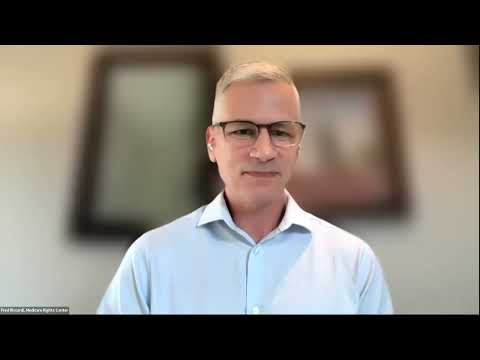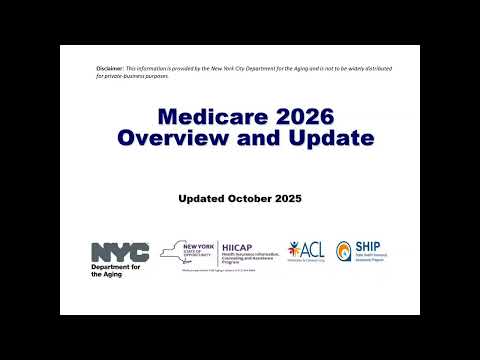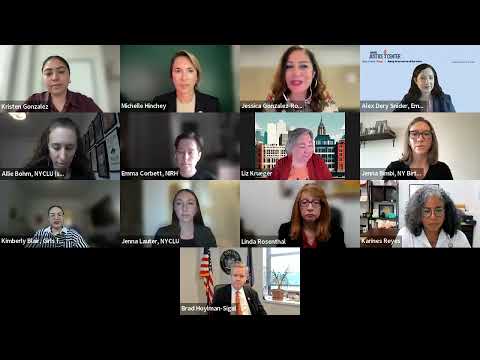
Krueger Moves To Bring Bill Banning Styrofoam Products To Floor For Vote Of Full Senate
SENATOR CITES NEED TO DECREASE USE OF PETROLEUM-BASED PRODUCTS IN ORDER TO CLEAN UP NY WASTE STREAM
Albany— State Senator Liz Krueger (D-Manhattan) offered a motion to petition today to bring a bill, the Food Service Waste Reduction Act (S6402), to the floor for a vote of the full Senate. The bill is designed to lead to a statewide phase-out of all polystyrene (Styrofoam) products used in the food service industry. Senator Krueger's motion was defeated along party lines with Republican unanimously opposing it.
Assembly Member Brian Kavanagh carries the "same-as" in that chamber.
"Picture styrofoam, and you picture a product produced from petroleum that takes up to 500 years to fully disintegrate," Krueger said. "The purpose of this bill is to help New York clean up our waste stream and become a more environmentally sustainable state. We have a real problem with needlessly creating too much waste. We have the ability and the produce to create biodegradable and affordable alternatives, so we should make that leap."
The bill would allow the food service industry one year to find environmentally-friendly alternatives to the styrofoam products currently in use. It applies to restaurants, as well as food-service providers and vendors, such as supermarkets.
Today’s effort to bring the bill out of a committee for a full floor debate and vote in the Senate is the latest in a continuing effort by the Senate Democrats. Last fall the Senate Democrats wrote to nearly 200 college and university presidents, as well as all county executives and supervisors, and the mayors of cities and large towns across the state, asking them to support this legislation and move on their own to ban Styrofoam and support New York-made bioplastic alternatives from locally grown products like potatoes. The response has been overwhelmingly positive, with counties like Westchester recently moving forward on their own, and colleges like SUNY Morrisville proposing to develop bioplastic alternatives.
Each year Americans throw away 25 billion styrofoam cups, or 1,369 tons of styrofoam products every day. The NYC school system alone throws away 150 million styrofoam meal trays annually.
Styrofoam is a notorious pollutant that is very difficult to recycle due to its light weight and low scrap value. It is generally not accepted in curbside programs, is seldom able to be reused, takes up a considerable amount of space in landfills, and takes a very long time to fully decompose. Due to the physical properties of polystyrene, the United States Environmental Protection Agency (EPA) states that "such materials can have serious impacts on human health, wildlife, and the aquatic environment" because the product breaks down and can clog waterways or be mistaken for food by wildlife.
Polystyrene is a liquid hydrocarbon that is commercially manufactured from petroleum. One of styrofoam's components, styrene, is a known hazardous substance suspected to be a carcinogen and neurotoxin. Many people do not realize that when they re-heat food in a styrofoam product, toxins are released into their food.
Krueger's act includes an "affordability" clause, which recognizes that not every styrofoam product currently has an environmentally-friendly alternative, and even in some cases where there is such an alternative, the much higher cost would place undue economic hardship on various businesses. Under her bill, the State Department of Environmental Conservation (DEC) will annually adopt a list of suitable, affordable alternative products that are compostable or recyclable; these alternatives must be within 15% of the cost of non-compostable or non-recyclable products currently in use.
Similar bills have already been enacted in the cities of Oakland, Berkeley, Portland, and about 100 other municipalities across the country. San Francisco, which passed similar legislation in 2006, supplies their entire public school cafeteria system with bioplastic products. The Hawaii State Senate is currently considering legislation modeled after Senator Krueger’s, and legislators from Georgia have also contacted her about introducing a similar bill in that state.
New York has the chance to be the first state to enact this legislation.
"Many municipalities have enacted various versions of this law and some of the nation's largest food-service providers have already moved in this direction as well, based not on new laws, but their own free will and conscience," Krueger explained. "Every year millions of tons of styrofoam are released into the environment. No one is saying we have the perfect answer right now. What we are saying is that we have to make the wisest choice with what we have, and phasing out the use and negative lasting-effects of styrofoam on our environment is a logical step."
During the debate Senator Krueger pointed out that due to New York’s agricultural industry, produce for bioplastic alternatives is plentiful, jobs would be created through the manufacturing of those alternatives, and our landfills and environment would be cleaner and safer.
"This legislation is smart, thoughtful and responsible—best of all it is a win-win for everyone involved. Unfortunately, not a single one of the Senate Republicans was willing to support this motion. I will continue pushing for passage of this and other measures that will help clean up New York State's waste stream," said Senator Krueger.


